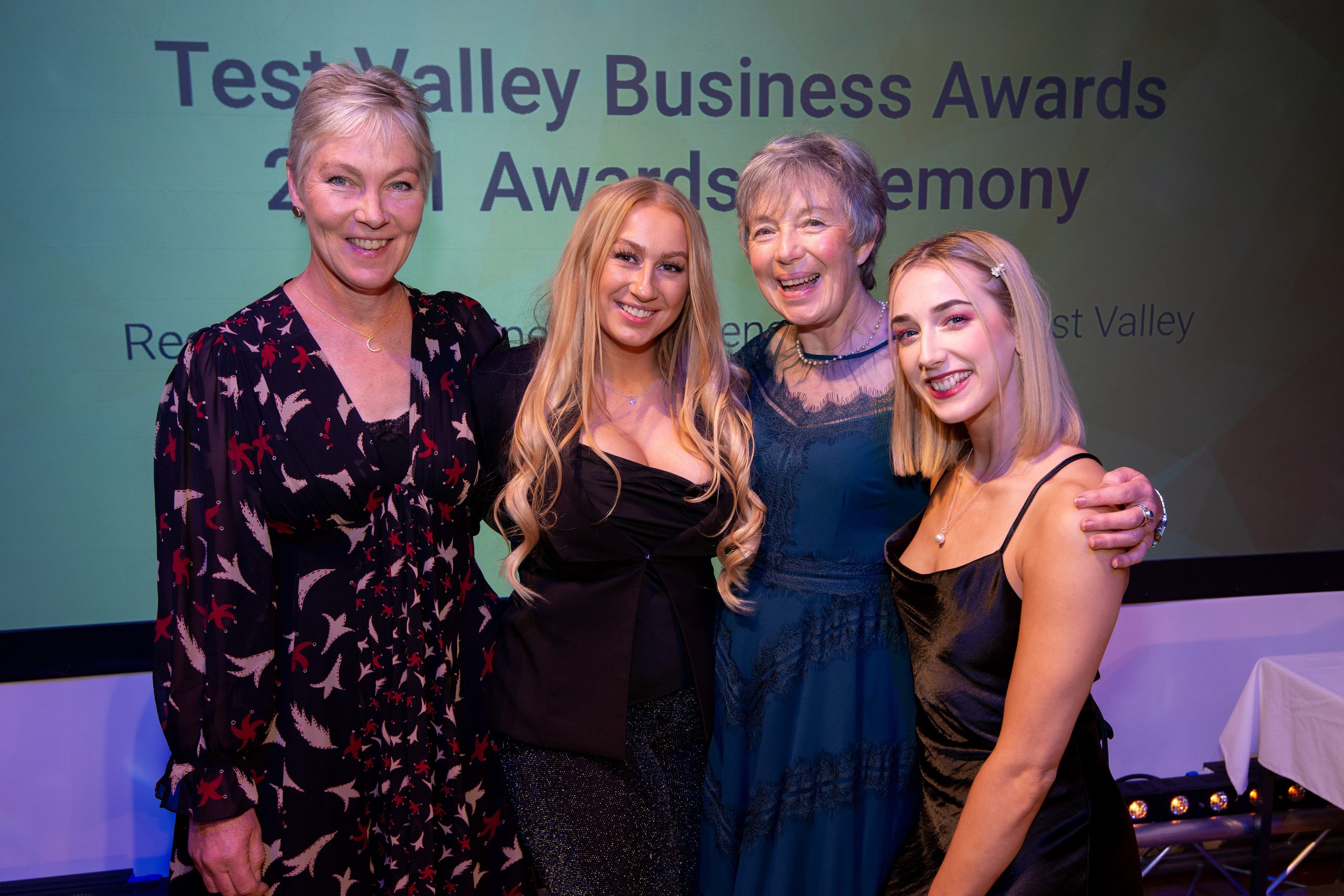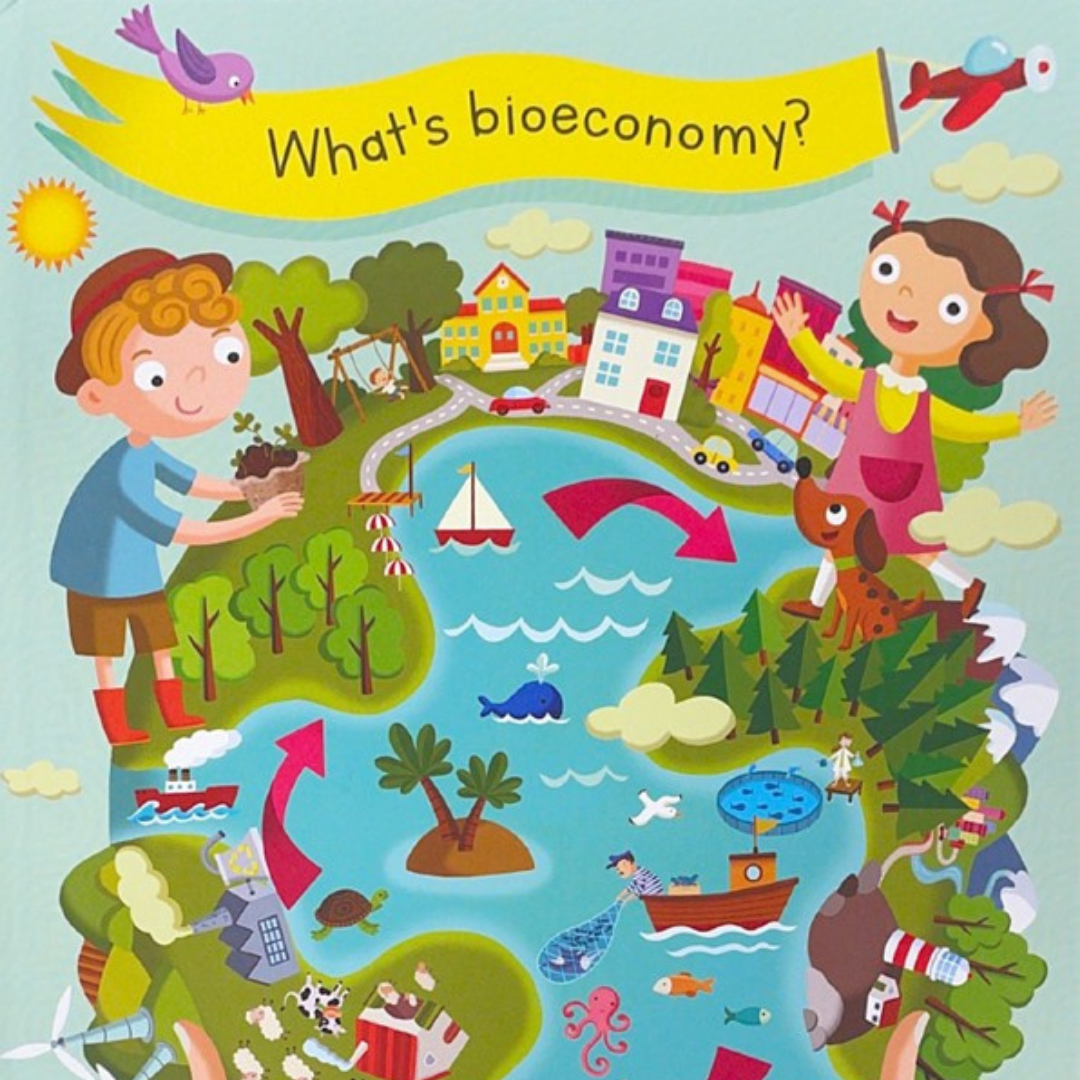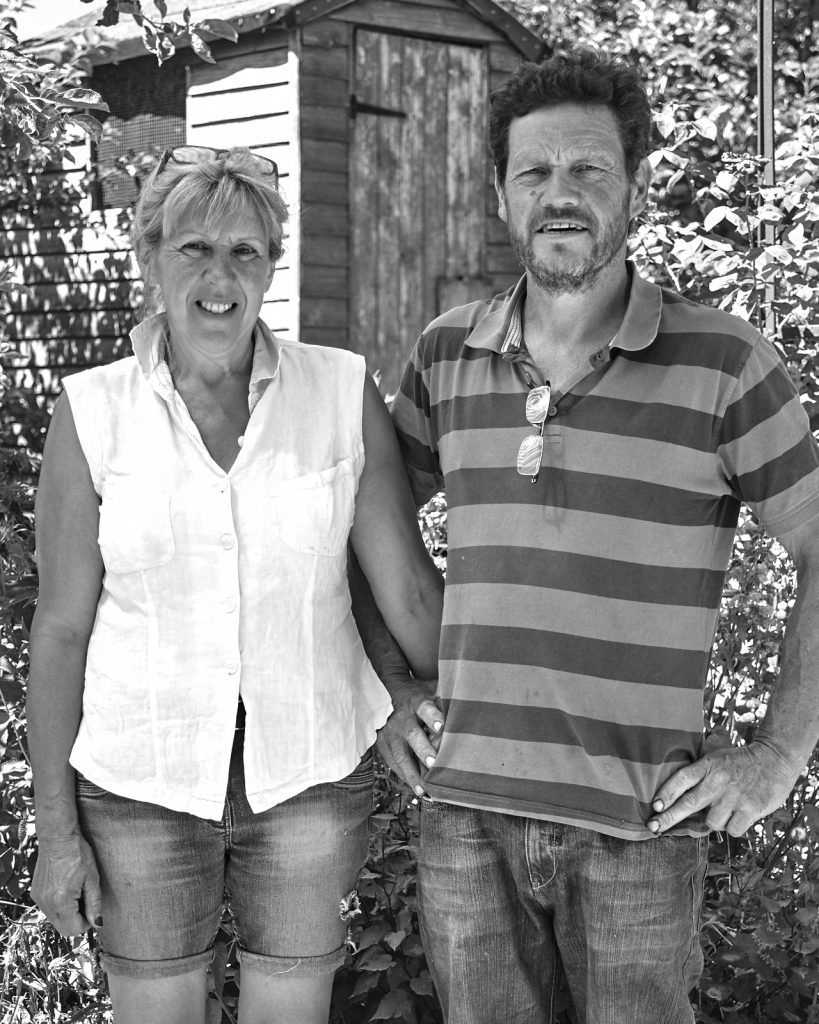 I have always been passionate about food and with so many horrifying stories appearing in the media about intensive farming and the detrimental effects food production can have on our planet, I wanted to gain practical experience of growing food and rearing my own animals.
I have always been passionate about food and with so many horrifying stories appearing in the media about intensive farming and the detrimental effects food production can have on our planet, I wanted to gain practical experience of growing food and rearing my own animals.
It was this interest and passion that drew me to Oaktrack, a traditional three-acre smallholding in the heart of Hampshire, where I work on a part-time basis alongside my work with Minerva. Run by husband and wife team, Tina & Jim Wells, the farm was a way of using their many years’ farming and horticulture experience to enable them to lead a self-sustained life for their own family, providing great tasting, quality food grown and reared with complete respect for nature. Nearly twenty years on this aim is still at the heart of what they do.
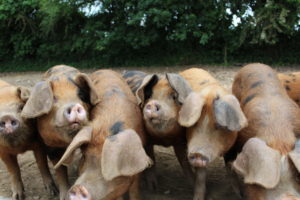 Specialising in native Oxford, Sandy and Blacks, the pigs are kept on the smallholding, living outside with plenty of space to roam. The sows farrow in arks and the piglets, once weaned at around eight weeks, are left in their groups to root and forage, preparing the ground for next year’s vegetable crops. Breeding and rearing on a small scale such as this, means the animals get extra attention, in stark contrast to many industrial farms.
Specialising in native Oxford, Sandy and Blacks, the pigs are kept on the smallholding, living outside with plenty of space to roam. The sows farrow in arks and the piglets, once weaned at around eight weeks, are left in their groups to root and forage, preparing the ground for next year’s vegetable crops. Breeding and rearing on a small scale such as this, means the animals get extra attention, in stark contrast to many industrial farms.
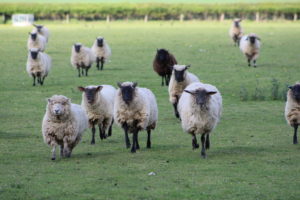 As well as pigs, Oaktrack breeds and rears a mixed flock of sheep – namely Llanwenog crosses and pedigree Shetlands. They graze on several sites in and around the local parish, living a natural life reared outside on a diet of grass and other leafy matter. They are only brought back onto the smallholding for lambing so that a closer eye can be kept on them. Living in this way helps the animals build up their own immunities and thus minimises the need for antibiotics.
As well as pigs, Oaktrack breeds and rears a mixed flock of sheep – namely Llanwenog crosses and pedigree Shetlands. They graze on several sites in and around the local parish, living a natural life reared outside on a diet of grass and other leafy matter. They are only brought back onto the smallholding for lambing so that a closer eye can be kept on them. Living in this way helps the animals build up their own immunities and thus minimises the need for antibiotics.
Tina and Jim also raise Irish Moiled and Belted Galloway cattle which are bought from a local farm as weaned calves. Having secured conservation grazing on a local water meadow, the cattle are left to grow and mature slowly, roaming freely amongst the walkers and surrounding wildlife. They also keep a variety of different types of poultry solely for the purpose of their delicious free-range eggs.
With all the animals, Tina and Jim adopt a nose to tail policy using as much of the animal as possible, for example, selling fleeces, offal for pet food and cowhide rugs.
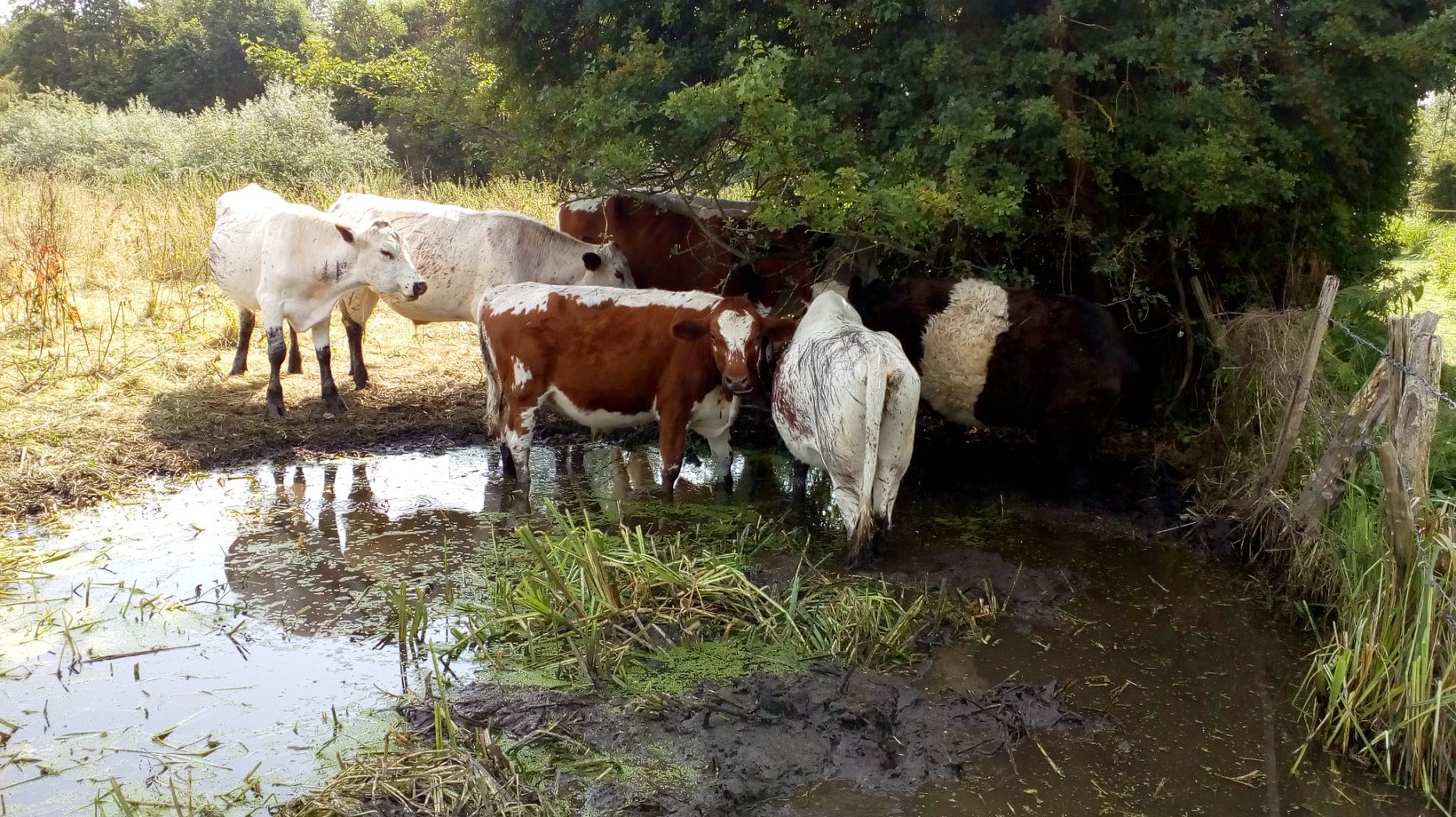
As well as rearing livestock, Oaktrack dedicates part of its land to growing fruit, vegetables, herbs and cut flowers, all fertilised using the dung from the animals to improve nutrients within the soil. The fresh produce is sold, along with the free-range meat and eggs, through the farm shop on site and a proportion is preserved, being made into jams, jellies, chutneys, pickles or juices. There is little to no waste as any additional surplus raw fruit and vegetables are given to the livestock to enjoy.
With a view to passing on their passion for farming and concern about its long-term sustainability, Tina and Jim also organise various open days, workshops and educational talks throughout the year giving people the opportunity to visit the farm and get involved in hands on activities around the farm.
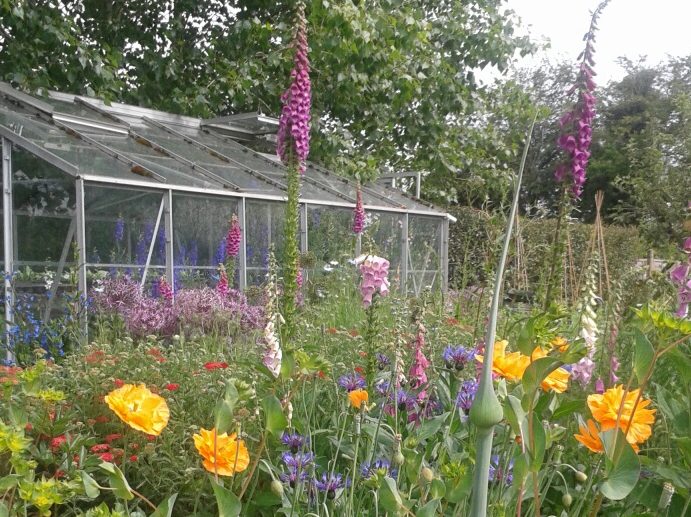
I may not be in a position to start my own smallholding right now, but this invaluable experience and learning from Tina and Jim has inspired me to start my own small vegetable patch at home, eat more seasonally and be more discerning in my food choices. In this way, hopefully I will be able to help ensure the continued long-term sustainability of small-scale farms such as Oaktrack, who farm with such passion and in a way which both the animals and land deserve.
My work and experience with Minerva are enabling me to develop my marketing and communication skills in the context of the projects and clients we manage, but also supports Oaktrack in delivering its business objectives.
For more information about Oaktrack visit www.oaktrack.co.uk

 I have always been passionate about food and with so many horrifying stories appearing in the media about intensive farming and the detrimental effects food production can have on our planet, I wanted to gain practical experience of growing food and rearing my own animals.
I have always been passionate about food and with so many horrifying stories appearing in the media about intensive farming and the detrimental effects food production can have on our planet, I wanted to gain practical experience of growing food and rearing my own animals. Specialising in native Oxford, Sandy and Blacks, the pigs are kept on the smallholding, living outside with plenty of space to roam. The sows farrow in arks and the piglets, once weaned at around eight weeks, are left in their groups to root and forage, preparing the ground for next year’s vegetable crops. Breeding and rearing on a small scale such as this, means the animals get extra attention, in stark contrast to many industrial farms.
Specialising in native Oxford, Sandy and Blacks, the pigs are kept on the smallholding, living outside with plenty of space to roam. The sows farrow in arks and the piglets, once weaned at around eight weeks, are left in their groups to root and forage, preparing the ground for next year’s vegetable crops. Breeding and rearing on a small scale such as this, means the animals get extra attention, in stark contrast to many industrial farms. As well as pigs, Oaktrack breeds and rears a mixed flock of sheep – namely Llanwenog crosses and pedigree Shetlands. They graze on several sites in and around the local parish, living a natural life reared outside on a diet of grass and other leafy matter. They are only brought back onto the smallholding for lambing so that a closer eye can be kept on them. Living in this way helps the animals build up their own immunities and thus minimises the need for antibiotics.
As well as pigs, Oaktrack breeds and rears a mixed flock of sheep – namely Llanwenog crosses and pedigree Shetlands. They graze on several sites in and around the local parish, living a natural life reared outside on a diet of grass and other leafy matter. They are only brought back onto the smallholding for lambing so that a closer eye can be kept on them. Living in this way helps the animals build up their own immunities and thus minimises the need for antibiotics.







